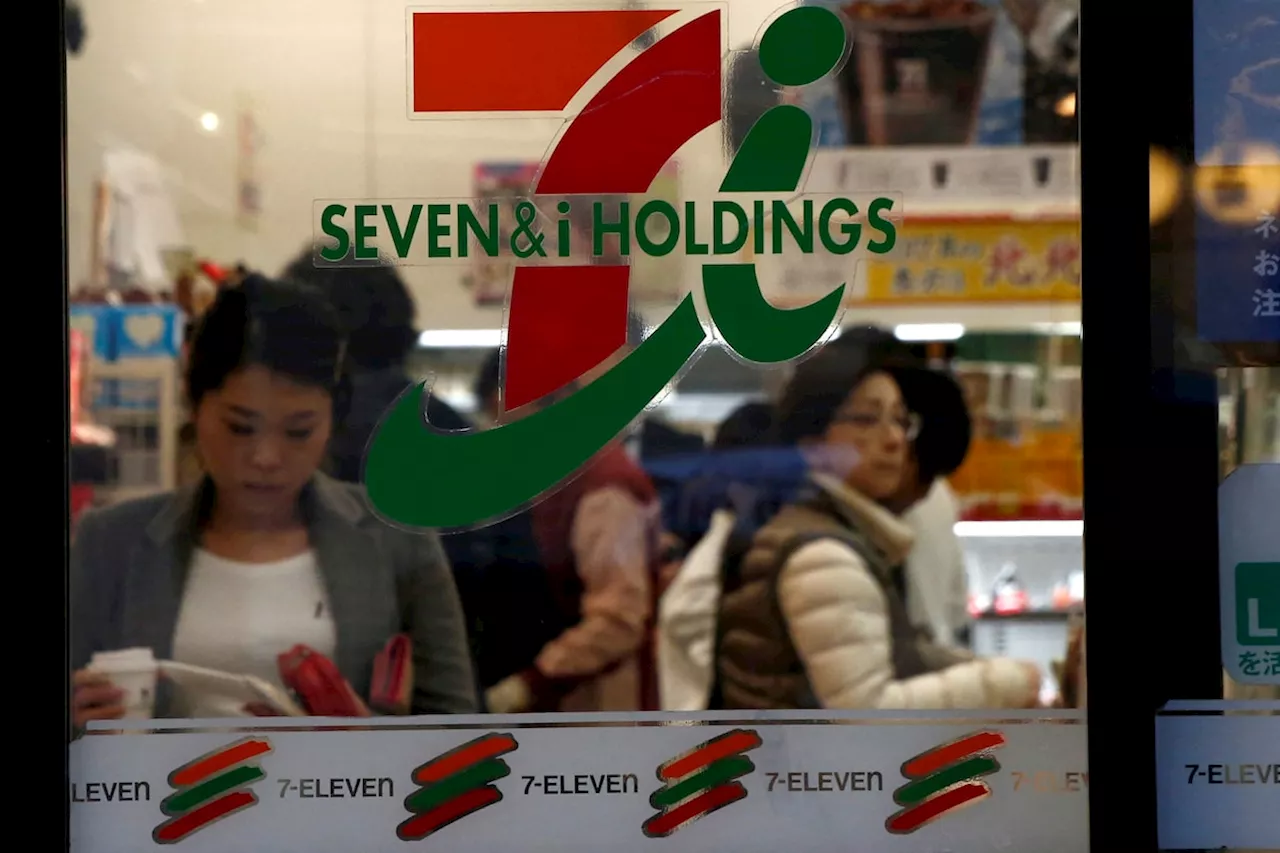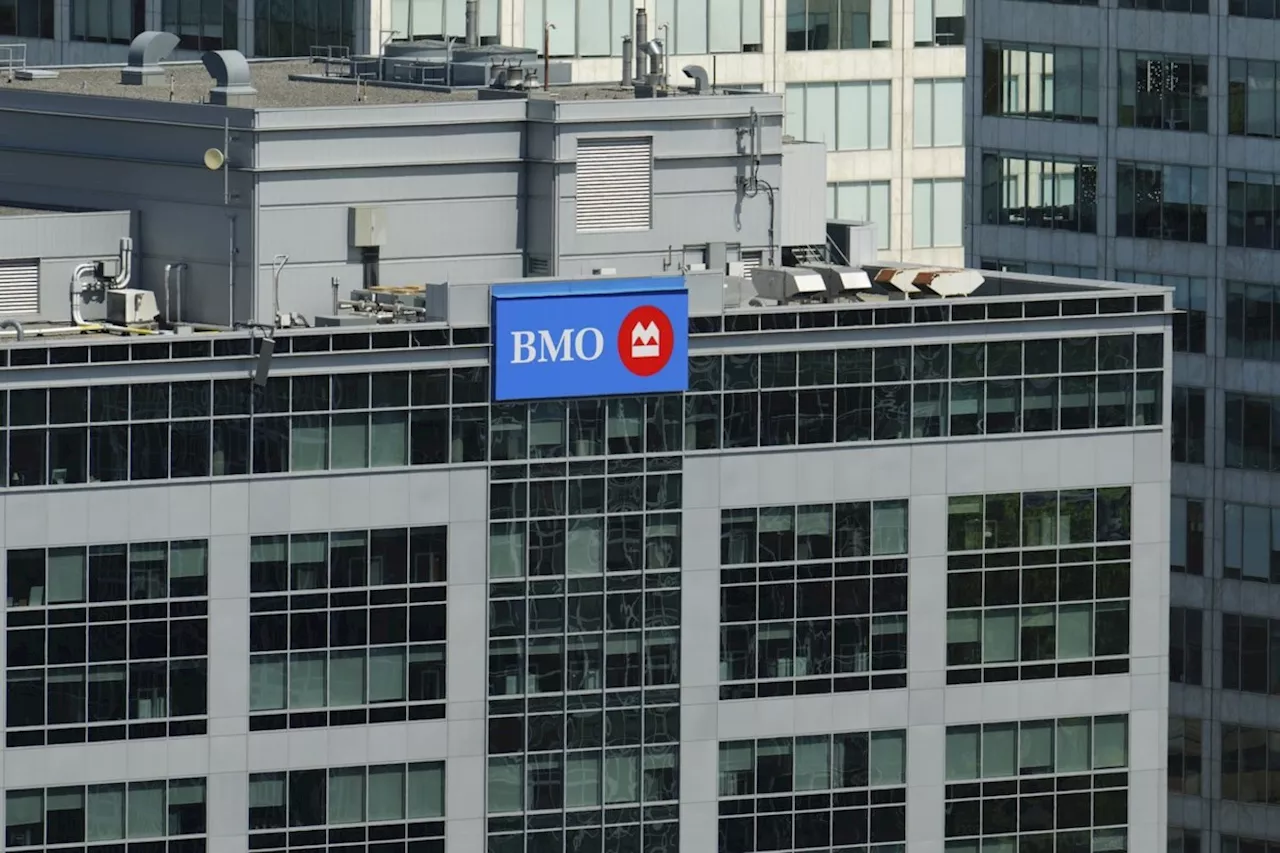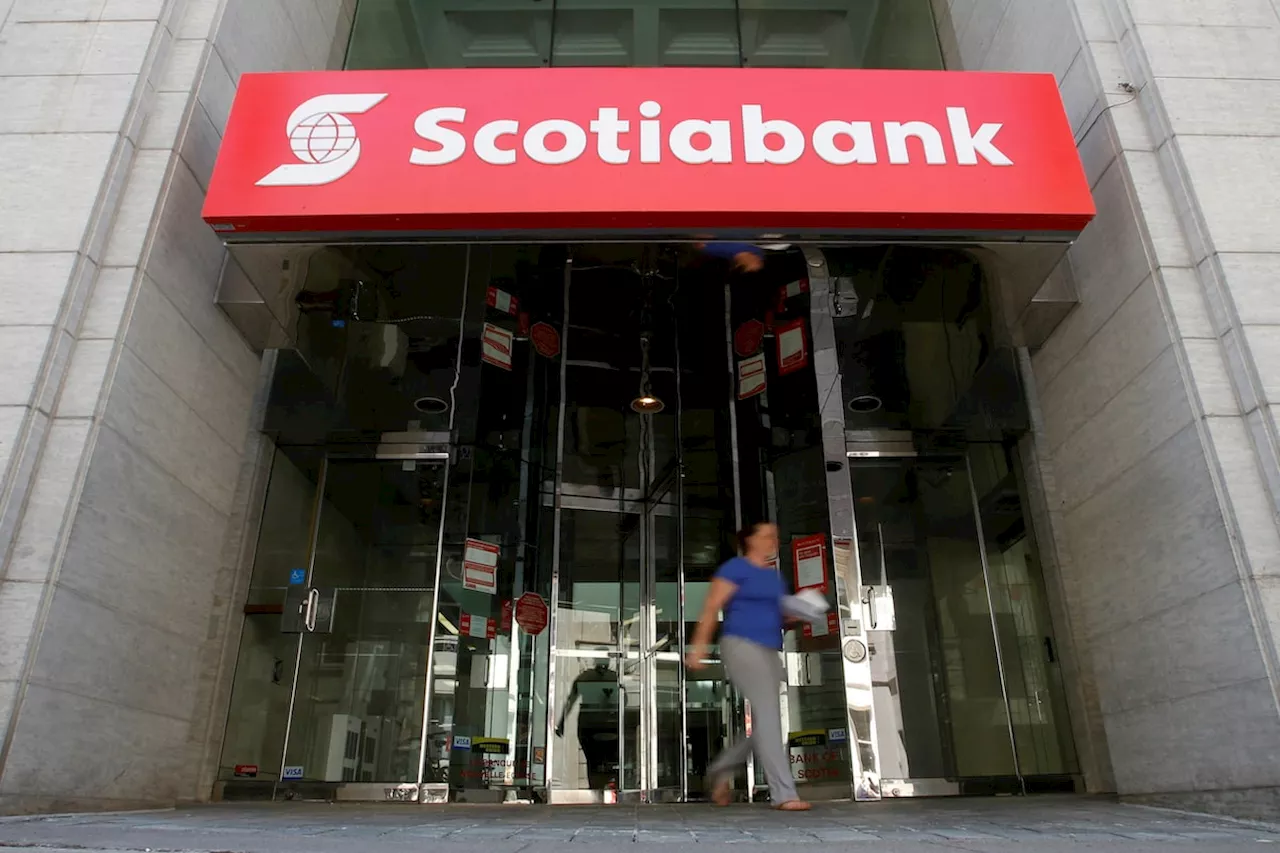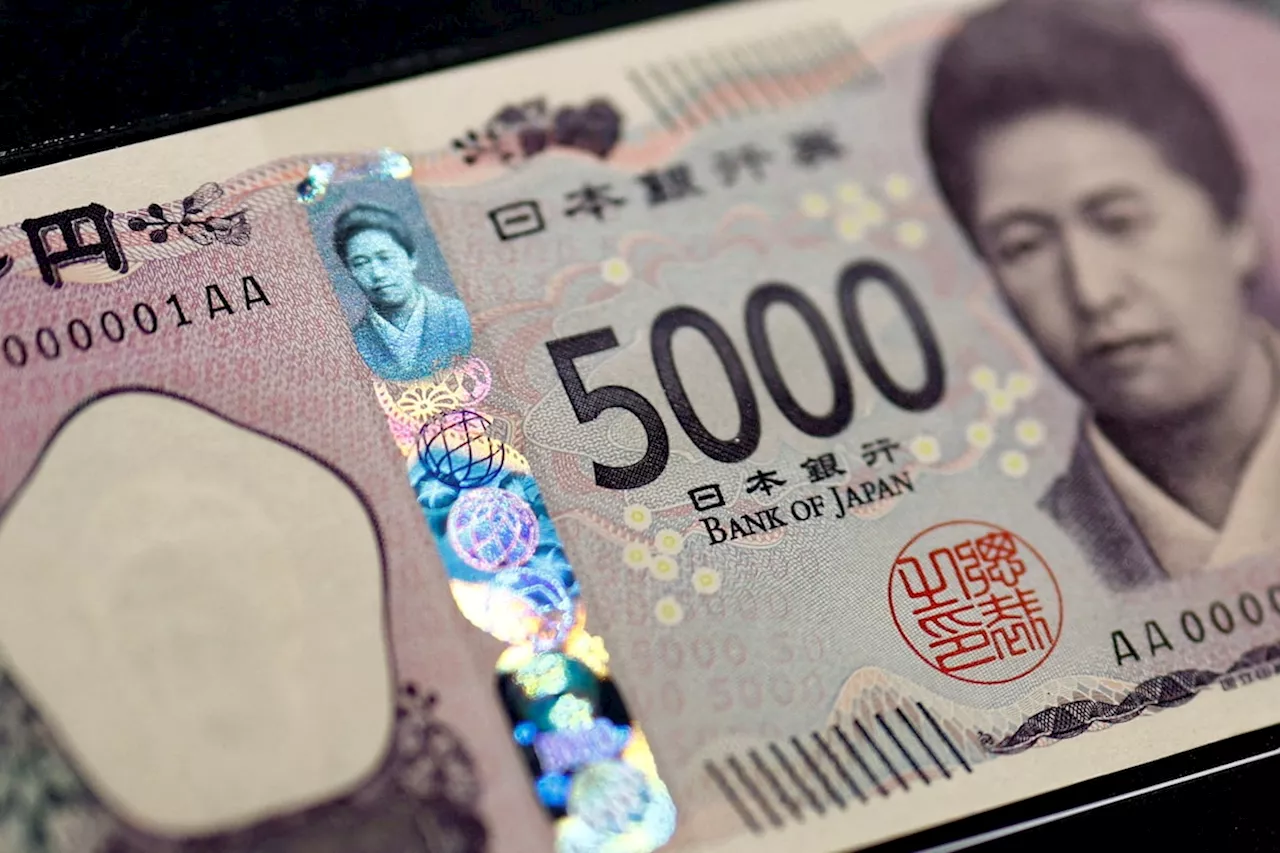The Bank of Japan has raised its key interest rate to 0.5% from 0.25%, citing a sustained inflation rate at its 2% target and encouraging wage growth. The central bank has signaled that further rate increases may be on the horizon but pledges to proceed cautiously to ensure economic stability. This move contrasts with the U.S. Federal Reserve and European Central Bank, which are gradually lowering rates after previous increases to curb inflation.
The Bank of Japan opted to increase its key interest rate to approximately 0.5 percent, marking a departure from the previous rate of 0.25 percent. This decision was announced on Friday, with the central bank citing sustained inflation at a desirable target level of around 2 percent. Bank of Japan Governor Kazuo Ueda, scheduled to address reporters later in the day, had repeatedly hinted at this rate adjustment in recent weeks.
Furthermore, the Bank of Japan pointed to encouraging signs of wage growth among Japanese workers. Recent data suggests that employees are securing better wages, and the upcoming annual union negotiations are anticipated to result in substantial pay raises. While signaling potential for additional interest rate hikes in the future, the central bank emphasized its commitment to proceeding with extreme caution to ensure economic stability. The bank remains vigilant, monitoring market reactions to both domestic and international economic developments. In particular, they are closely observing the policies implemented by U.S. President Donald Trump. This recent rate increase follows the Bank of Japan's initial climb out of its 17-year-long negative interest rate policy in March of the previous year. Japan's long-standing ultra-lax monetary policy aimed to alleviate deflationary pressures and stimulate economic growth. Deflation can stifle growth as companies curtail investment, reduce wages, and consumers postpone spending. The Bank of Japan's approach contrasts with the U.S. Federal Reserve and the European Central Bank, which have been gradually lowering interest rates after previous increases aimed at curbing inflation. The Fed recently indicated a slowdown in its rate-cutting measures
Bank Of Japan Interest Rates Inflation Wage Growth Monetary Policy
Canada Latest News, Canada Headlines
Similar News:You can also read news stories similar to this one that we have collected from other news sources.
 Japan's Economy Minister Raises National Security Concerns Over Couche-Tard's 7-Eleven BidJapan's economy minister warns that Couche-Tard's acquisition of 7-Eleven could pose national security risks due to the company's vital role in disaster relief.
Japan's Economy Minister Raises National Security Concerns Over Couche-Tard's 7-Eleven BidJapan's economy minister warns that Couche-Tard's acquisition of 7-Eleven could pose national security risks due to the company's vital role in disaster relief.
Read more »
 Bank of Montreal and National Bank Withdraw From UN Climate Banking AllianceBank of Montreal (BMO) and National Bank have left the UN-backed Net-Zero Banking Alliance, joining a growing number of financial institutions pulling back from climate initiatives amid criticism from U.S. Republicans. The departures follow similar moves by major U.S. banks and other financial players, including BlackRock, sparking concerns about the effectiveness of international efforts to address climate change.
Bank of Montreal and National Bank Withdraw From UN Climate Banking AllianceBank of Montreal (BMO) and National Bank have left the UN-backed Net-Zero Banking Alliance, joining a growing number of financial institutions pulling back from climate initiatives amid criticism from U.S. Republicans. The departures follow similar moves by major U.S. banks and other financial players, including BlackRock, sparking concerns about the effectiveness of international efforts to address climate change.
Read more »
 Scotiabank joins major Canadian lenders quitting global climate coalitionThe bank’s exit from the Net-Zero Banking Alliance follows a raft of similar announcements on Friday by TD Bank, Bank of Montreal, National Bank of Canada and CIBC
Scotiabank joins major Canadian lenders quitting global climate coalitionThe bank’s exit from the Net-Zero Banking Alliance follows a raft of similar announcements on Friday by TD Bank, Bank of Montreal, National Bank of Canada and CIBC
Read more »
 ‘Worrisome’: B.C. doctor reflects on weeks with first human avian flu caseCase of B.C. 13-year-old raises questions about the likelihood of human-to-human transmission
‘Worrisome’: B.C. doctor reflects on weeks with first human avian flu caseCase of B.C. 13-year-old raises questions about the likelihood of human-to-human transmission
Read more »
 B.C. expert says Canadians can no longer take U.S. for grantedInauguration of U.S. President Donald Trump raises security and economic issues for Canada, say experts
B.C. expert says Canadians can no longer take U.S. for grantedInauguration of U.S. President Donald Trump raises security and economic issues for Canada, say experts
Read more »
 B.C. storm raises avalanche risk, cancels ferries, causes blackouts on south coastResidents of B.C.'s southern coastal regions are dealing with power outages, increased risk of avalanches and ferry cancellations following a stormy Christmas Day.
B.C. storm raises avalanche risk, cancels ferries, causes blackouts on south coastResidents of B.C.'s southern coastal regions are dealing with power outages, increased risk of avalanches and ferry cancellations following a stormy Christmas Day.
Read more »
